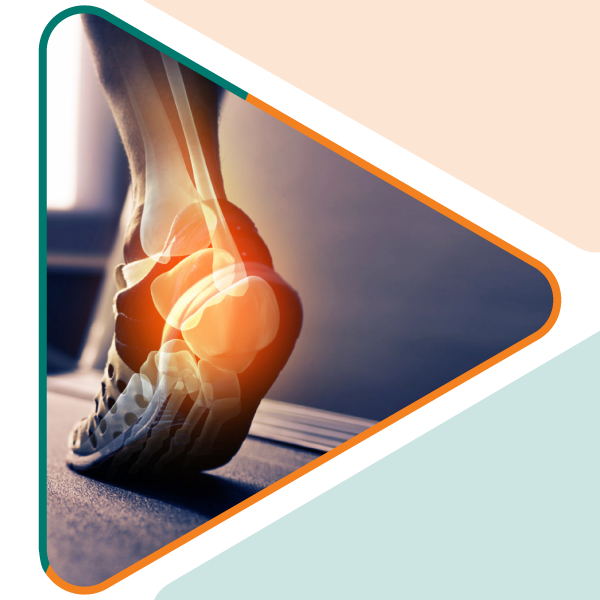Our expert team of orthopaedic doctors, physical therapists, plastic surgeons, and orthotists treats a wide range of foot and ankle injuries, disorders, and diseases. They always take a conservative and patient-centric approach to their treatment, helping patients heal completely and recover in the strongest and healthiest ways possible. We offer a range of treatment options, from non-operative care, including physiotherapy, footwear recommendations, and orthotics, to the latest surgical procedures for more complex problems. The goal of our treatment method is to restore function and facilitate a quick return to daily activities, work, and sports activities. With the combination of cutting-edge technology and clinical expertise, we do our best to deliver the best possible care to our patients whose lives have been impacted by injuries or painful foot and ankle conditions. We are committed to helping patients and making them understand the cause of pain and working together to find the best solutions that suit their needs and for their goals and lifestyle.

